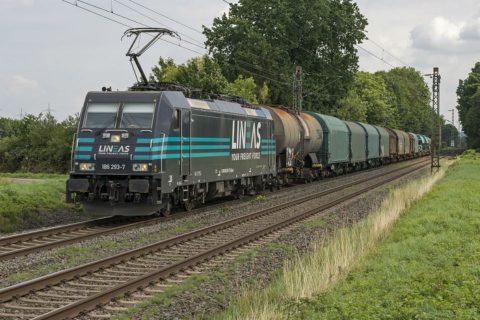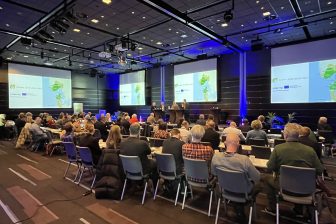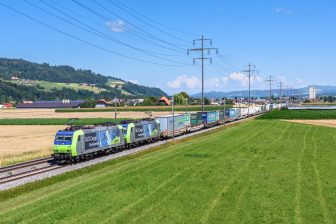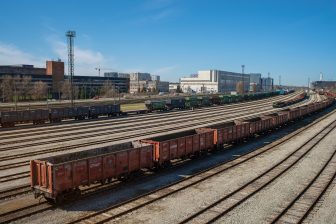
Lineas plans massive expansion international fleet
Lineas plans to increase its current staff of 225 international train drivers with fifty more, to add an additional hundred every year after. The expansion is in line with its ambition to transform from a local player to an international rail freight operator. The job of an international train driver is a challenging one, especially in Europe where a variety of train, track and signaling systems exists. Availability of well-trained international drivers often proves a bottleneck for companies, Lineas explains.
The Flemish government has supported the company with a 913,000 Euros fund, recognising the importance of a competitive railway sector. The company will embark on a two-year programme recruiting and developing the skills of international freight train drivers. International drivers must be independent, responsible, disciplined, flexible, technical, have good language skills and a furthermore a passion for trains”, Lineas summarised.
Challenging job
Recruiting train drivers is a challenging job in itself, explains a spokesperson of the company. “There is a lot of demand, the selection criteria are high and many candidates drop out along the process. To become an international train driver, additional training is required. Knowledge about different types of infrastructure, railway lines, security systems and locomotives is a must. And then there is the language requirement: for each country crossed, the driver must possess a basis understanding of the native language. A driver operating a train from Flanders, through Wallonia to Germany should speak Dutch, French and German.”
As a result, Lineas is bound to invest a lot of time and energy in expanding the capacity of its fleet if it wants to support its own growth speed. “For example, we are expanding our Green Xpress network. Last month we launched service to two additional destinations: Welz and Graz in Austria. Typically, an Xpress train transits two or three times a week, but we want this to be five times a week. This means we need a lot of train drivers.”
Training
Train drivers are regularly accompanied by instructors during a journey. The instructor observes the qualities of the driver and corrects him when needed. If required, a personal training course is developed to upgrade the skills of the driver, Lineas explains.
The company has its own educational institute, the Lineas Academy. Here, drivers can follow courses to upgrade their knowledge, or gain new skills regarding certification, railway networks or foreign languages. “We invest a lot in the development of an e-Learning platform, enabling train drivers to follow the course at home, or for example during stand-by shifts. We are also planning to invest in the ‘gamification’ of our courses to make learning more attractive.”
Flemish fund
The fund of the Flemish government will be dedicated to a two year training and recruitment project. “The government provides this fund to strengthen the position of rail freight in the face of transport over road. But it also recognises the potential role of Lineas as a growing European logistic player. After all, a competitive railway network stimulates the Flemish economy and provides a solution to the traffic bottleneck in Flanders, in particular Antwerp”, Lineas concluded.
Read more:





